Three National Figures in the Modern History of Vietnam
The modern history of Vietnam is a heroic epic full of upheavals, where the nation endured foreign domination while seeking to affirm its own identity, independence, and the will to modernize. In that current of history, many individuals left their mark, but three names stand out — Bach Thai Buoi, Ho Chi Minh, and Emperor Bao Dai — each representing a different path, yet united in patriotism and in the choice of placing the nation’s interests above all else.

Bach Thai Buoi – the National Entrepreneur, Pioneer of Self-Reliance
Born in 1874, when the country was under colonial rule, Bach Thai Buoi chose business as a means of serving the people and the nation. Starting with nothing, he built a remarkable career in shipping, competing head-on with French and Chinese transport companies. He became known as the “King of Ships”—a title that symbolized not only wealth but also the spirit of national self-reliance.
For Bach Thai Buoi, profit was never the ultimate goal. He placed compassion for his fellow countrymen and the vision of “Vietnamese sailing on Vietnamese ships” above all else. He established companies, issued shares for ordinary Vietnamese, encouraged cooperation, and instilled confidence in the strength of the national economy. By creating a Vietnamese brand that could compete fairly with foreign rivals, he awakened pride and proved that the Vietnamese could master their economic destiny—and, more broadly, their future.
He remains the archetype of the national entrepreneur: using business as a tool of service, guided by patriotism, and pioneering a tradition of entrepreneurship tied to independence and prosperity.

Ho Chi Minh – the Personification of “Independence, Freedom, Happiness”
If Bach Thai Buoi embodied the economic path, Ho Chi Minh was the founder of the political path of national liberation. On June 5, 1911, at Nha Rong Wharf, he boarded the Amiral Latouche Tréville as a kitchen helper, carrying in his heart the great aspiration to find a path for Vietnam’s salvation.
Over more than thirty years of travels across continents, he absorbed the essence of world thought, particularly the ideals of Liberty – Equality – Fraternity from the French Revolution and the inalienable rights of life, liberty, and the pursuit of happiness from the American Declaration of Independence. From these, Ho Chi Minh crystallized the Vietnamese formula of Independence – Freedom – Happiness.
On September 2, 1945, at Ba Dinh Square, he proclaimed the birth of the Democratic Republic of Vietnam. That moment not only ended centuries of colonial rule but also affirmed the intellect, will, and aspirations of the nation. In Ho Chi Minh, patriotism merged with the wisdom of humanity, opening a new path: an independent nation, a free people, and the enduring pursuit of happiness.

Emperor Bao Dai – the Monarch Who Abdicated to Be a Free Citizen
While Bach Thai Buoi chose the entrepreneurial path and Ho Chi Minh the revolutionary one, Emperor Bao Dai (1913–1997)—the last monarch of the Nguyen dynasty—left a distinctive historical legacy.
Ascending the throne under French domination, he attempted reforms to modernize the country. After Japan overthrew the French in March 1945, he declared Vietnam’s independence and established the Tran Trong Kim government. In just four months, this administration introduced significant reforms in education, culture, and economics.
But when the decisive moment arrived, Bao Dai chose to abdicate. On August 25, 1945, he handed over the imperial seal and sword to the revolutionary government, declaring that it was “better to be a free citizen of an independent nation than to be the king of a subjugated one.” His abdication was a courageous, symbolic act—placing national interest above royal power and aligning himself with the revolutionary current and the people’s aspiration for independence.
Conclusion – Three Paths, One Aspiration
Three figures — Bach Thai Buoi, Ho Chi Minh, Bao Dai — pursued three different paths: economic, political, and monarchical. Yet they converged on a single point: patriotism and the quest for independence.
Bach Thai Buoi inspired the spirit of entrepreneurship and economic self-reliance. Ho Chi Minh embodied the merging of national love with global wisdom, leading the way to independence. Bao Dai sacrificed the throne to become a free citizen.
In the modern history of Vietnam, these three men symbolize three attitudes and three choices that together shaped the nation’s destiny: a people who could assert themselves, embrace human progress, and place the common good above personal gain.
That remains a profound lesson for today: to move forward, the nation must be grounded in patriotism, service, and the aspiration for independence. These values have guided Vietnam in the past and will continue to light its way in the future.
